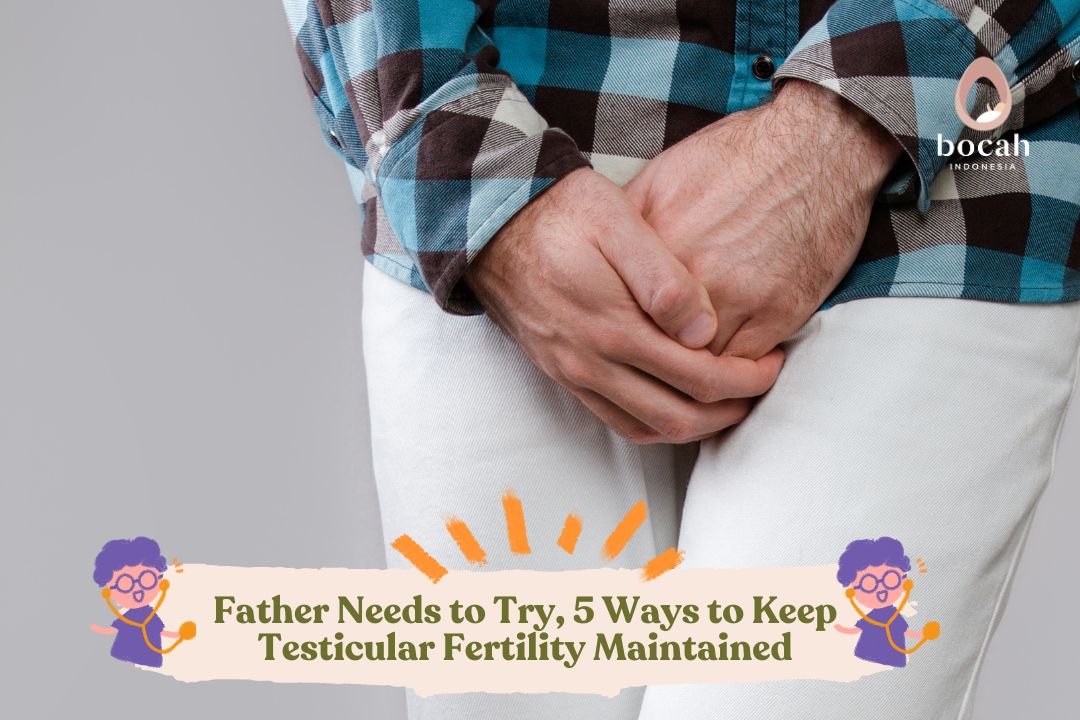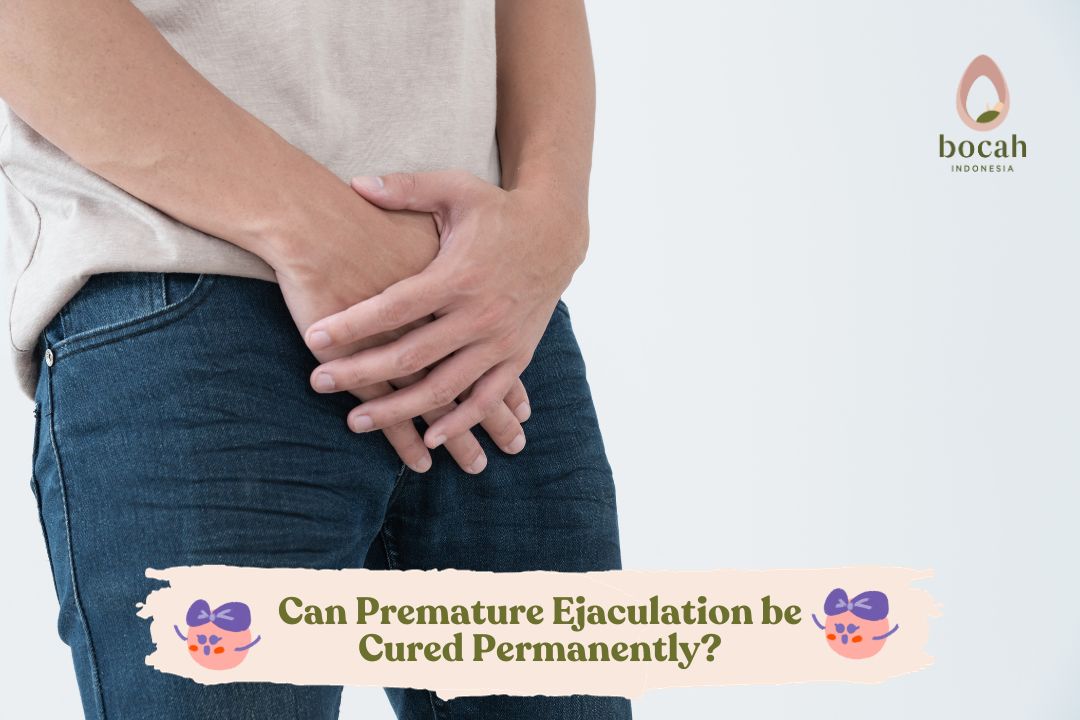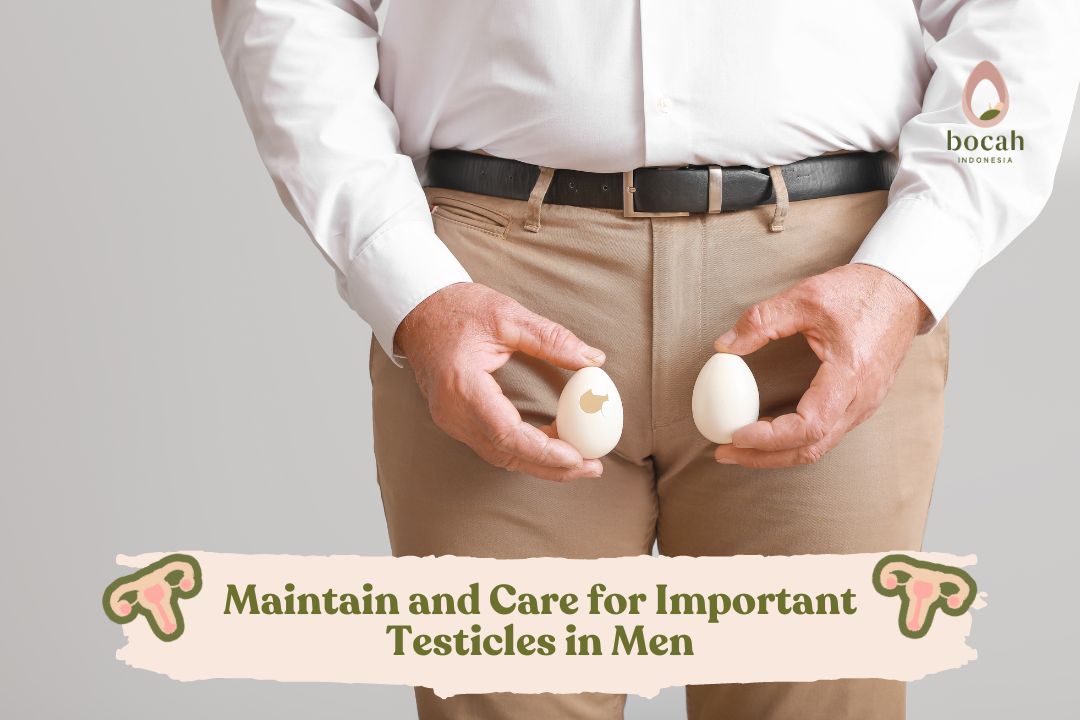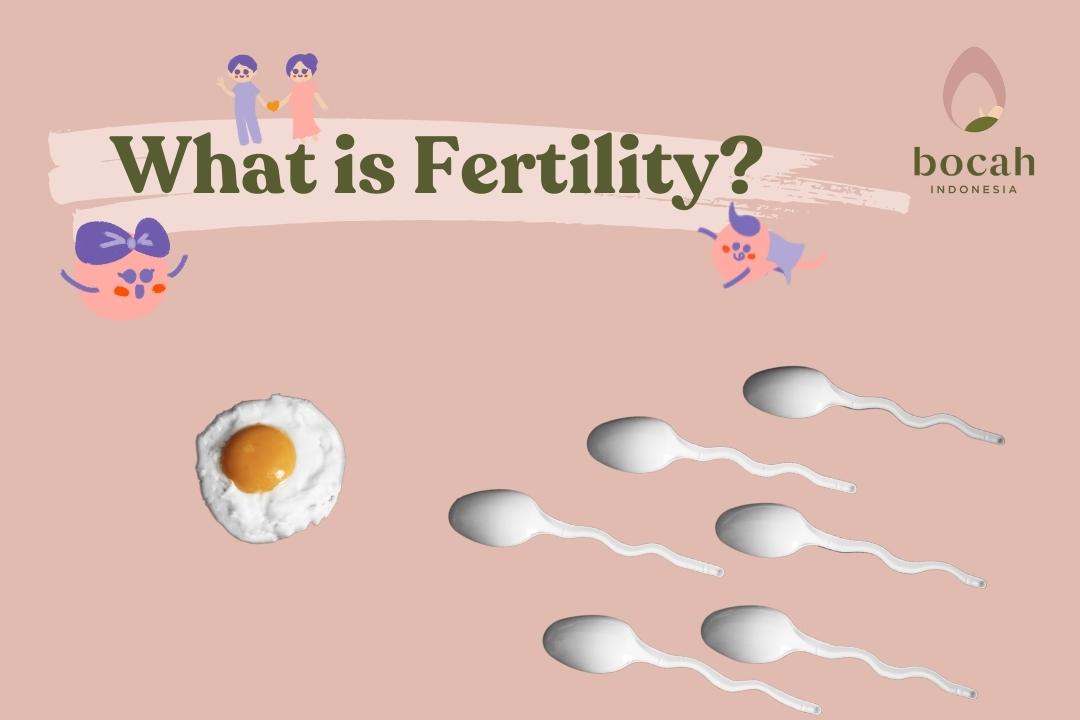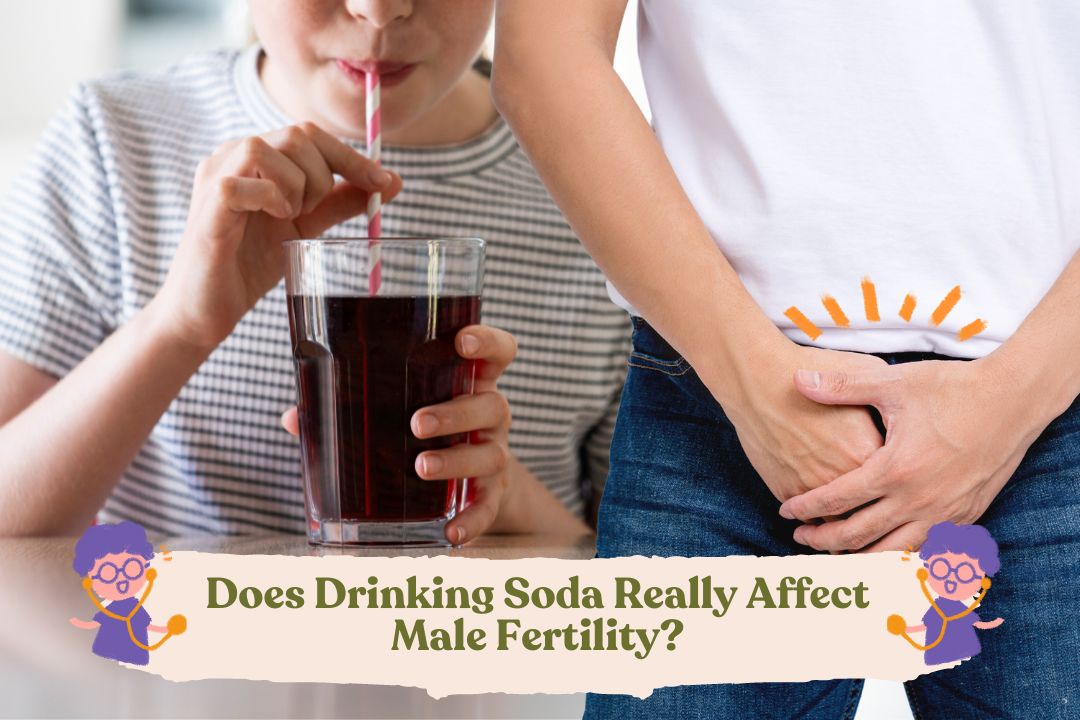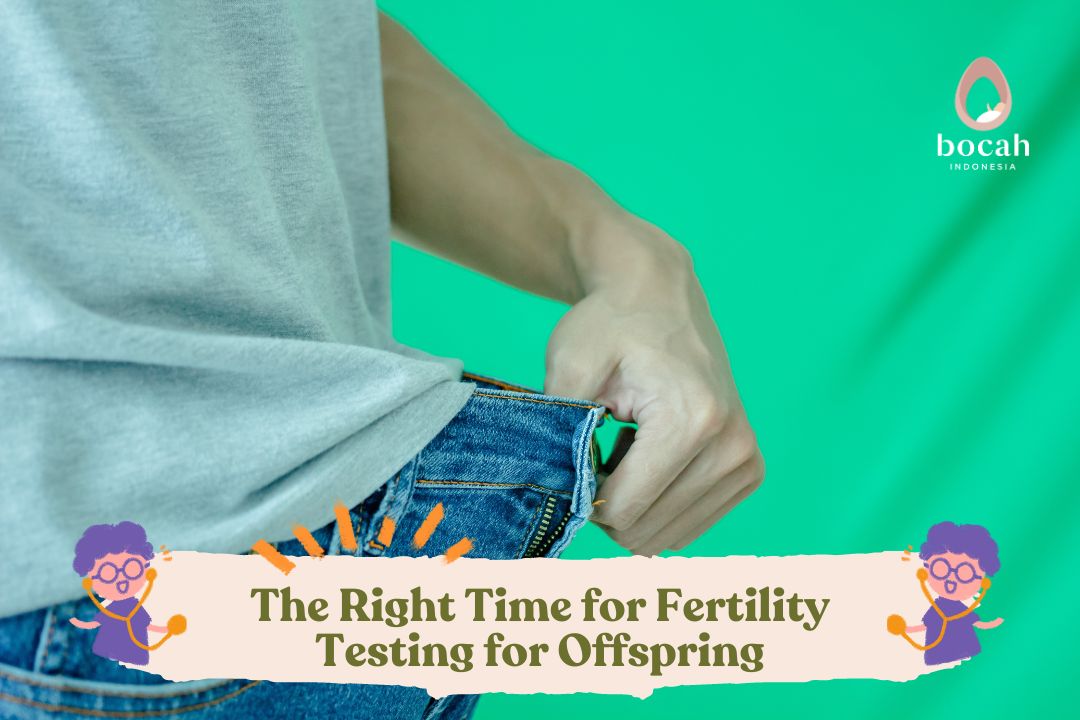5 Ways to Reduce Caffeine for Fertility

Caffeine is often considered a factor that can affect fertility. But is it true?
Caffeine is a compound found in coffee, chocolate, tea, and soda. For some people, caffeine intake is essential in the morning or before starting activities. This compound can stimulate the brain and central nervous system, making caffeine believed to enhance mood and concentration. Additionally, caffeine enthusiasts believe it helps increase energy, relieve fatigue, and keep the body and mind alert. However, many believe that caffeine can interfere with fertility. Myth or fact?
Can Caffeine Consumption Affect Fertility?
Caffeine has many enthusiasts, with some consuming it more than once a day. Many people question its side effects on fertility.
According to a study published in the journal Reproductive Toxicology, men who consume more than 300 mg of caffeine per day have a reduced ability to conceive compared to men who consume less than 100 mg per day. Another study published in the Nutrition Journal shows that too much caffeine can cause aneuploidy, which is an abnormal condition of chromosomes due to errors during cell division.
For women, a study published in the journal Clinical Epidemiology states that consuming caffeine can increase the risk of early miscarriage, with the risk potentially doubling. However, the same journal also mentions that caffeine does not have side effects for couples undergoing fertility treatments.
Tanya Mincah tentang Promil?
According to Dr. Febriyan Nicolas, Sp.OG, M.Kes., an obstetrics and gynecology specialist at Bocah Indonesia, the maximum caffeine intake for women trying to conceive should be 200 mg per day.
“Remember, caffeine intake should not exceed 200 mg per day,” said Dr. Nico.
Tips to Reduce Caffeine for Fertility
Do you have a habit of consuming high amounts of caffeine? Considering that excessive consumption can affect health, here are some tips to reduce caffeine intake:
1. Reduce Gradually:
If you want to stop consuming caffeine, try to reduce it gradually. For example, if you usually drink 2 cups of coffee a day, try reducing it to one cup a day. Gradually, the amount of coffee consumed will continue to decrease. Suddenly stopping caffeine can have effects on your body and health.
2. Replace with Healthier Drinks:
Another way is to replace caffeinated drinks with healthier options. You can switch to caffeine-free herbal teas, warm lemon water, or fruit juices. Drinking water is also much healthier and offers more benefits than caffeine. It can also serve as a way to detoxify your body.
3. Consume Dairy-Based Beverages:
Besides providing more nutrients for the body, consuming milk or dairy-based drinks is a gradual way to reduce caffeine intake. However, it is better to consume low-fat milk.
4. Engage in Healthy Activities:
Doing healthy activities can help reduce the habit of consuming caffeine. Yoga and meditation can help the body relax. In addition to making the body fitter, these activities can also improve concentration.
These are some ways to reduce caffeine intake to maintain fertility. Remember, there is no prohibition against consuming caffeine, but it should be limited in quantity.
Source:
- Ricci, E., et al. (2017). Coffee and caffeine intake and male infertility: a systematic review. Nutrition Journal volume 16, Article number: 37 (2017).
- Wesselink, AK., (2016). Caffeine and caffeinated beverage consumption and fecundability in a preconception cohort. Reproductive Toxicology, Volume 62, July 2016, Pages 39-45.
- Lyngso, J., et al. (2017). Association between coffee or caffeine consumption and fecundity and fertility: a systematic review and dose-response meta-analysis. Clin Epidemiol. 2017 Dec 15:9:699-719.


